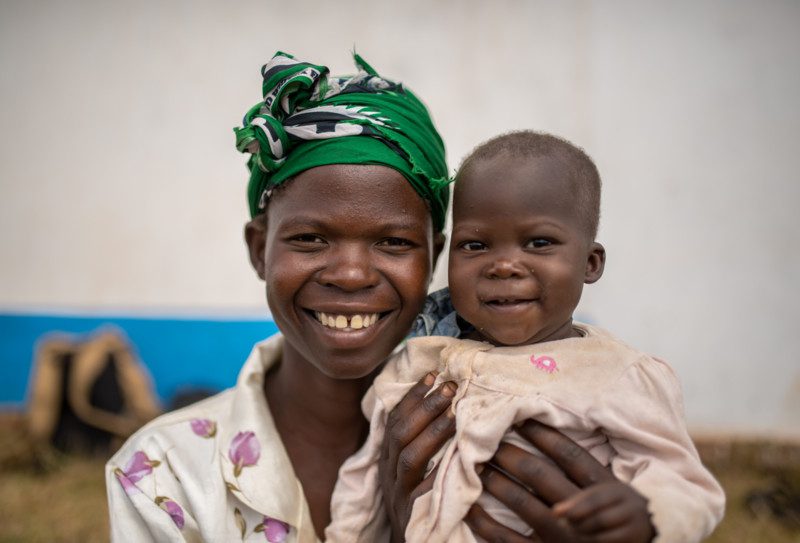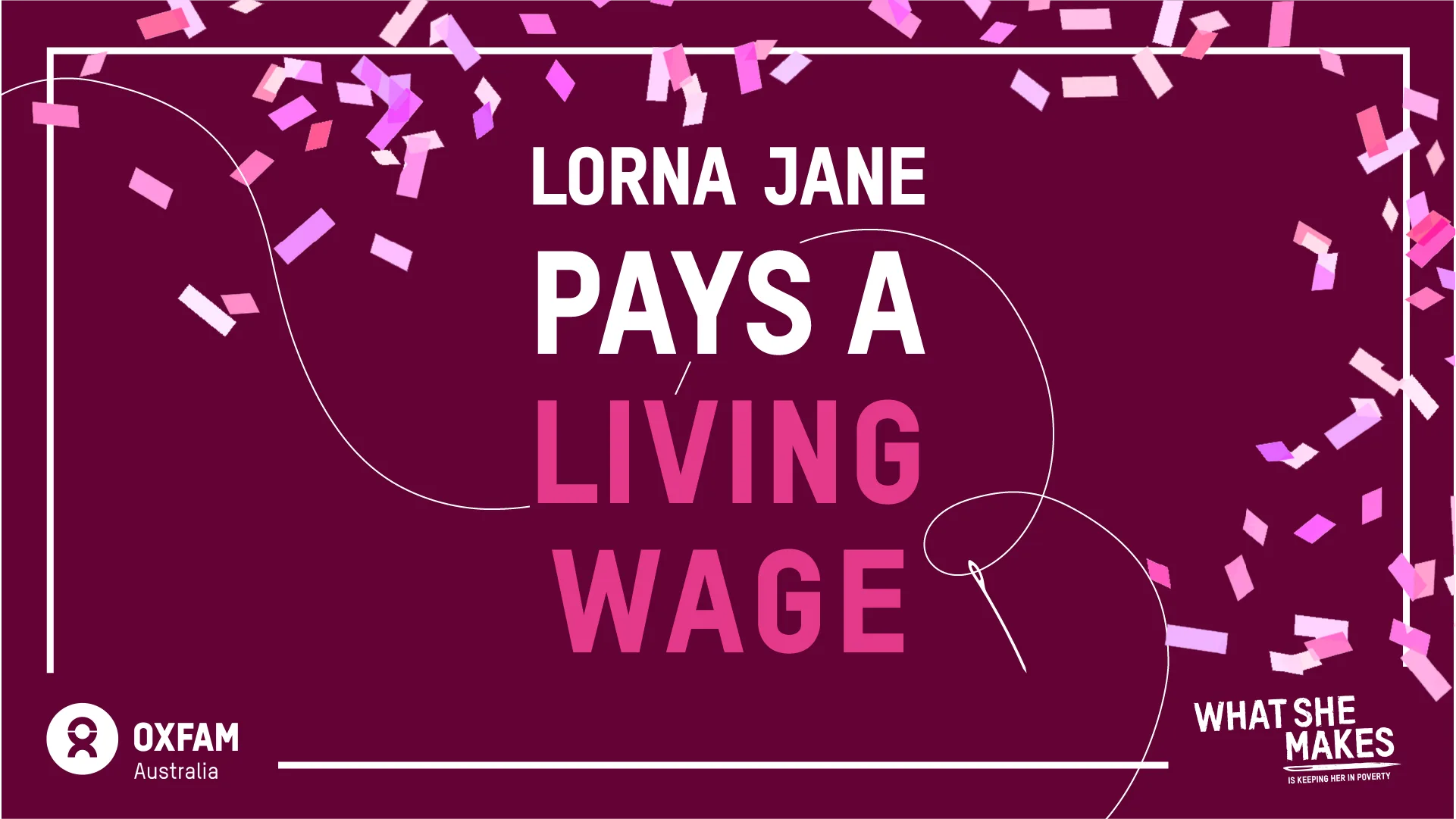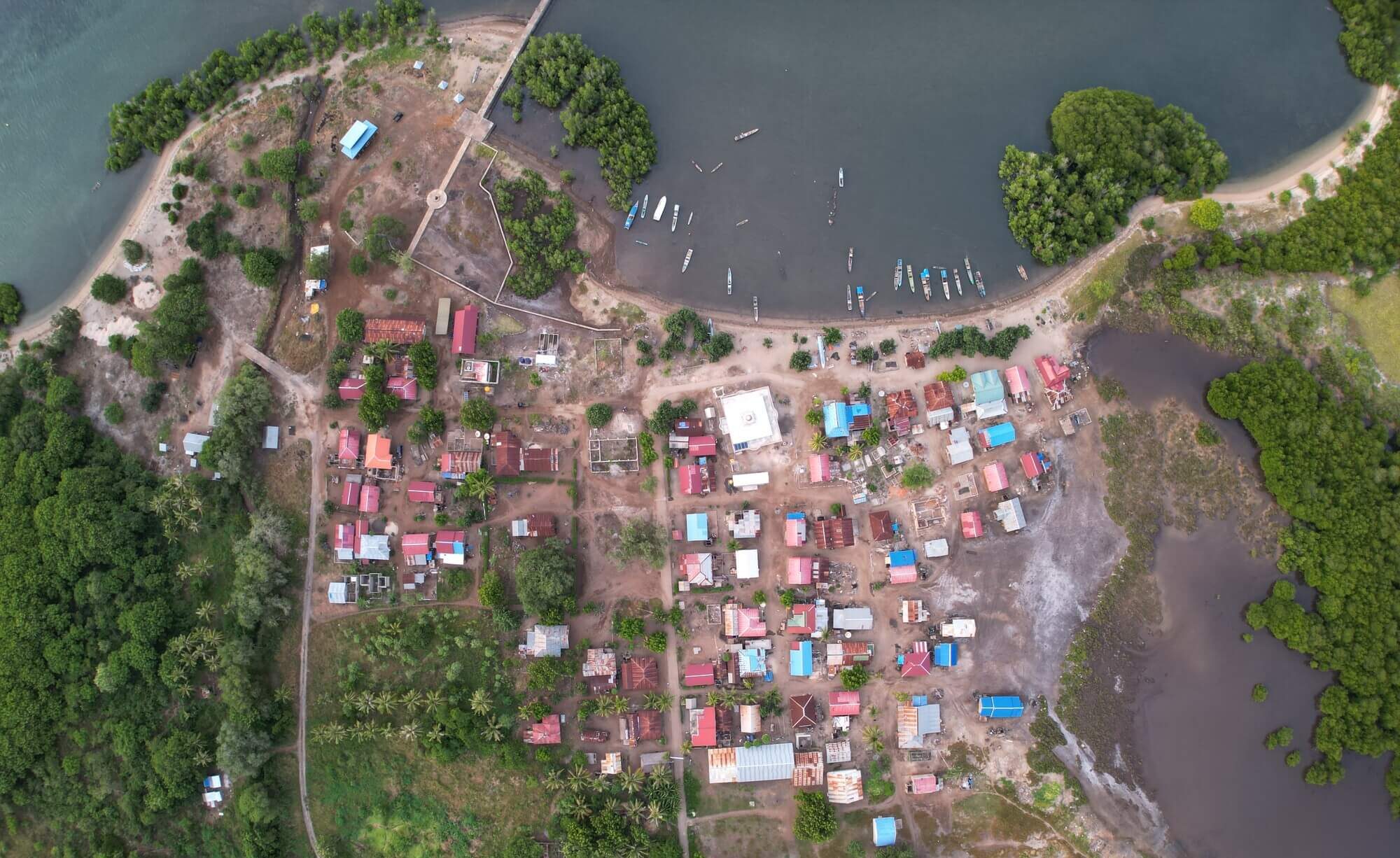A legacy is a donation to charity that is left in your Will. It’s also known as a bequest or gift.
When someone leaves a legacy in their Will, it’s a very special gift for the receiving charity because it can help fund important long-term projects that will make a deep and meaningful impact on many people’s lives.
Although 25% of Australians say they would like to leave a legacy in their Will, lack of public awareness and support means that only 7.5% follow through. This is a shame, because leaving a gift in your Will is a wonderful way to keep helping those in need and ensure that your legacy lives on.
If you’ve ever thought about what your legacy could mean to people living in vulnerable situations, here’s everything you need to know — as well as some helpful advice on how to include a gift in your own Will.
Why leave a legacy in your Will?
Across the world, millions of people are living with inequality and poverty. Tragically, already vulnerable communities are facing increasing threats such as climate damage, food scarcity and a worsening global health crises — making the people and programs which support them more essential than ever.
By leaving a legacy in your Will, you’re helping charities undertake their vital work, while enabling the values that you carried through life to continue long into the future.
Unfortunately, there is a misguided perception that gifts left in Wills are only for the wealthy, but this is simply not the case. Whether it’s a large legacy or small, every gift works towards the same goal of making the world a brighter place for future generations.
How your legacy helps charities
The charity you choose to leave a legacy with, needs to have your absolute trust so that you have peace of mind knowing that your gift helps the people and causes that need it most.
Each charity will have their own guidelines around how legacies support their work. But at Oxfam, we always strive to be completely transparent in our distribution and mission.
When you leave a legacy with us, we ensure that it’s efficiently spent where it’s needed most — and will make the greatest impact. However, if there’s a cause or program of ours that you particularly want to support, you can contact our Bequests team to discuss your preferences.
How to choose a charity to leave a legacy with
It’s advisable that you leave a legacy with a charity that represents a cause which resonates with you and your life values. If you’re not sure which charity represents you, think deeply about your core values and build your research around them.
Are you someone who believes that poverty needs to be tackled head on, are you a champion for women’s rights, or concerned about our climate crisis and its impact on our planet and communities?
No matter if it’s one cause or many that you wish to support, by asking yourself these questions and reaching out to different Bequest teams for information, you will find the right charity to fit you and your values.
How to leave a legacy in your will
Whether you have an existing Will, or this is your first, it’s never too early or late to start planning — or even writing — your legacy.
But how do you go about it?
Depending on how complex your finances are, you can choose to work with a solicitor who will guide you through the process, or use a DIY Wills kit that you can download online or pick up from Australia Post.

If you have an existing Will, you or your solicitor can update it with an amendment known as a codicil. This allows you to leave a legacy to a charity like Oxfam without having to go through the process of writing your Will again.
If you’re writing a new Will, we’ve created a Free Will Guide to help streamline the process. You can also use our suggested Will Wording as a handy template to follow when you write your own Will, or take it with you when you visit your solicitor.
What types of legacies can I leave in my Will?
An important consideration when leaving a legacy in your Will is the type you’d like to leave. Your gift should only be an amount you’re comfortable with, after you’ve taken care of your loved ones.
For this reason, many people choose to leave a percentage of their estate to charity rather than a specific value. This is because the value of an estate naturally fluctuates, and in many cases grows over time. What may feel like a small percentage to leave now, could appreciate in value and go on to positively impact the lives of many.
The types of gifts you can leave in your Will include:
- Residuary bequests
- Pecuniary bequests
- Specific bequests
- Contingent bequests
- Percentage of estate
- Whole estate
For a detailed description of each type of gift you can leave in your Will, read our blog.
Should I leave a legacy in my will?
No matter if it’s big or small, leaving a gift to charity in your Will is a fulfilling and impactful way to ensure that your legacy lives on through causes that make the world a better place.
It’s also a fantastic opportunity for those who wished to donate in their lifetime but didn’t necessarily have the means to do so.
Right now, many of the challenges facing our planet and fellow humans can feel overwhelming, but by leaving even a small gift to Oxfam in your Will, you’ll be empowered in the knowledge that you are joining a global movement of people working hard to tackle poverty and inequality through practical, innovative solutions.
And there’s no greater legacy than that.
Want to learn more about how to leave a legacy with Oxfam? Download our Free Will Guide or reach out to our Bequests Team on 1800 088 110 or bequest@oxfam.com.au



